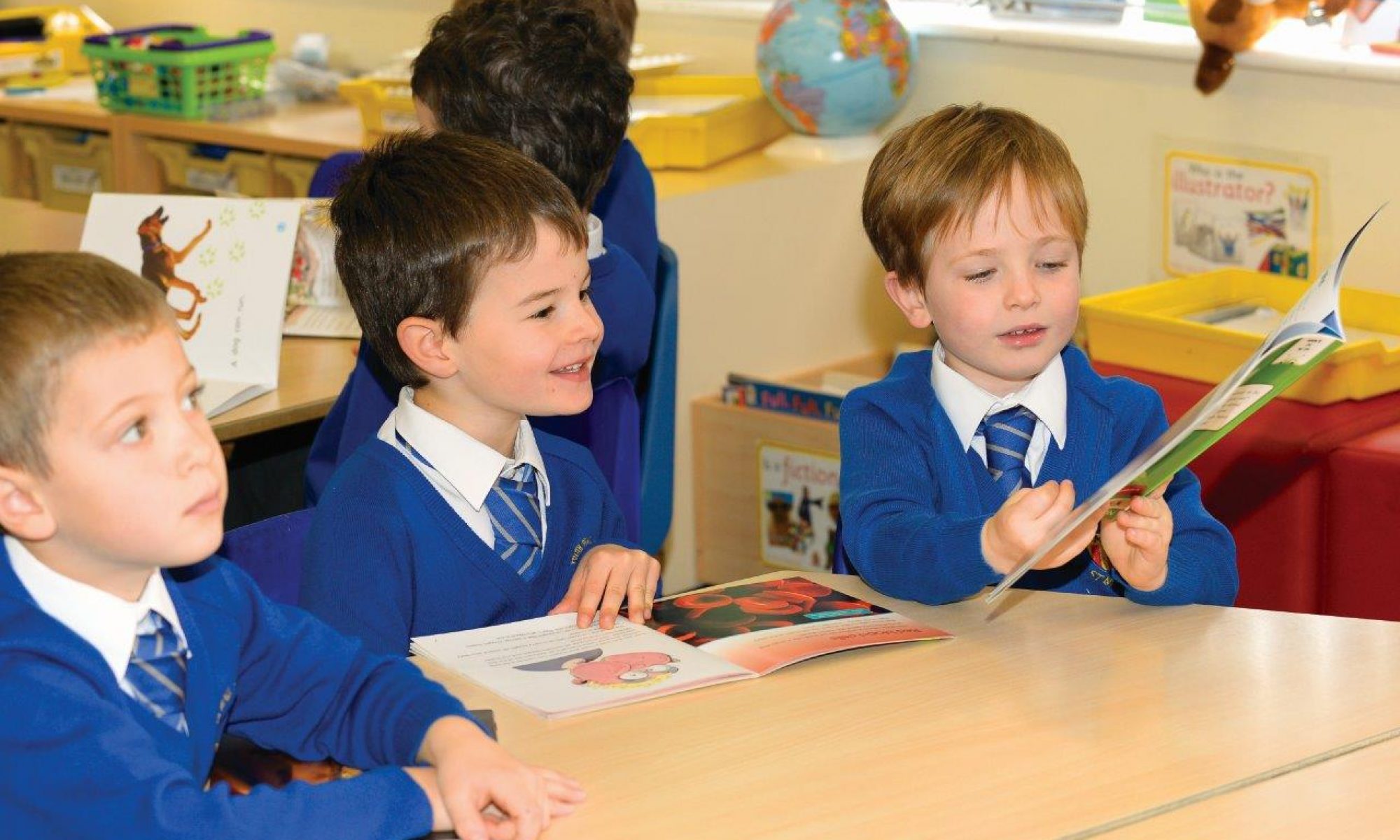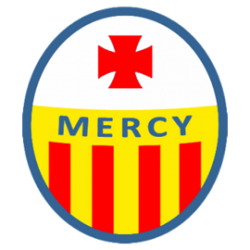Hello everyone,
Please see below this week’s ideas for home learning.
Cooking at home

I know many of you have already been enjoying lots of cooking activities at home. On the Memo section of Tapestry, I have posted recipe cards produced by Herts for Learning in collaboration with Muriel Green Nursery School. The recipe cards are in an ‘easy-to-use’ format, with clear instructions for ingredients and utensils needed. They also include a clearly explained ‘method’ for following the recipes with photographs and some adaptations that could be made so that all tastes are catered for. I hope the recipe cards will continue to inspire your cooking activities. There are many learning opportunities when cooking with your child below are some suggestions:
Literacy
- When reading recipes or words on food packaging, support your child to recognise letter sounds and read as many words as they are able. Help them to notice the sounds of individual letters and blend them together to read whole words.
- Reading the recipe cards, books, online recipes and menus will broaden your child’s understanding of what books can be about and how they work.
- Provide pens/pencil and paper to give your child an opportunity to make a recipe book/card, a healthy eating poster. This will give your child a really good and purposeful reason to write. Make it fun and part of their pretend play.
- Have fun with words as you cook. Play games such as finding words that rhyme with ‘dough’ or ‘flour’ or ‘beans’.
- Sound out words of items that you’d like your child to help find in the kitchen for example, Can you get the ‘b-r-ea-d’ or Can you find the ‘r-e-d p-a-n’.
Maths
- Talk about numbers throughout your cooking activities such as, how many eggs or apples you might need for a recipe. Allow your child to find them and count them out, with support if needed.
- When selecting ingredients or fruit and vegetables for cooking, give your child more than the required amount and ask them to count the amount you need.
- Encourage your child to count the food items you are using. Suggest that they gather two onions, then add three carrots and ask ‘how many vegetables do you now have altogether?’
- Encourage your child to make a mark on paper for each ingredient, or group of ingredients to see how many you have used. If you do this each time you cook together, at the end of the week you could compare your list to see which recipe used the most ingredients.
- Talk about the shapes of the ingredients you are using. For example, the tins of ingredients that are cylindrical, boxes that are cubes or cuboid. Talk about what makes the shapes special such as the curved sides of the tins or how many corners there are on a cube or cuboid.
- When your child is helping to gather the ingredients, help them to find them by giving them mathematical clues to describe the shape of the item.
- Place all of the ingredients you need for a recipe on a tray and ask your child to pass them to you by asking specific questions such as ‘pass me the ingredient that is beside the apple, or behind the tin of tomatoes’. The game can continue with your child naming the positions of ingredients to you.
- When preparing vegetables, ask your child to put all of the beans or carrots in order of length, from shortest to longest, or the potatoes in order of size.
- If you have scales, teach your child how to use them and how to read the dial or numerals. You can also encourage your child to guess which of two items is heavier or lighter by holding one in each hand, for example a lemon in one hand and a potato in the other. You could then check if their estimate was correct.
- Cooking together lends itself ideally to talking about time. How long do different things take to cook? Set timers together on your cooker, freestanding timer or phone. Talk about how long things are taking to cook or see if your child can guess when they’re nearly ready.
More Maths
Refer to Mrs Sallis’s and Mrs Palmer’s blogs on Friday for maths ideas. Here is another game you could try.
Timing

- Place a timing device such as a digital timer near to a collection of small easy-to-hold items such as marbles, shells, buttons etc. and some containers.
- Ask your child how many marbles/shells/buttons they think they might be able to put in one of the containers before the timer runs out.
- Ask: How many …… did you get in that time? How many did you get in last time? What will you try next? What would happen if you used this different pot? What would happen if you used, for example, buttons instead of marbles?
- Encourage your child to record each attempt. How will you remember how many ……… you managed to get into the pot that time?
Variations:
- Ask your child how many ……… they could take out of the jar before the timer runs out. Following on from that, how long would it take to remove all the …….?
- Alternatively, rather than asking your child how many ……… they can put in a pot in a given time, you could turn the task the other way round and ask them how long it might take to put, for example, 20 marbles in the pot. This can lead onto trying to get quicker and quicker at putting a certain number of marbles into a pot. How will they know that they are getting quicker?
You could build on this idea further by making the most of opportunities to measure lengths of time which may come up in your everyday routine. For example, can the children tidy away in less time than they did yesterday?
Letters and Sounds
Revisit sounds ‘qu’, ‘ch’, ‘sh’ and ‘th’. Play the games suggested in Mrs Sallis’s and Mrs Palmer’s blogs on Friday; post it note hide and seek, What’s the Sound Mr Wolf or the bucket game.
The Car Boot Sale

Pretend you are going to a car boot sale. Gather together some items for sale and ask your child to write labels for each of the items. To develop independent writing, encourage your child to use the sounds learnt so far using their home sound mats. Help your child to sound out and identify the sounds he or she can hear in each word. You could even add prices (under 10p) to the items. Invite family members to come and buy an item from your child’s boot sale.
Father’s Day

Ask your child to make a Father’s Day card and write a message inside the card – Thank you for …….
Expressive Arts and Design

Play different types of music and then dance together in different ways. Play music that is fast, slow, bouncy, smooth and so on. Vary it as much as you can and move in a way that reflects the music you are listening to.
Take it in turns with your child to perform actions such as clapping your hands, stamping your feet, clicking your fingers, blowing raspberries. How many did you count? Make some of the actions big and obvious and others quieter and more subtle.
Planning and constructing

Talk to your child about what they might build before they begin to construct. Offer them a range of things to build with that may include construction sets, wooden bricks or sugar cubes to household items such as empty food boxes and packets, tins, cushions and furniture. The construction could be tiny or enormous or both. Draw a plan, with labels before you start and make a list of what you might need. Take a photo as a record of your child’s efforts and add to making a book over time to capture photographs of all the creations made.
Observational drawings

Invite your child to make an observational drawing of something that interests them in their immediate environment. This could be a model they have made, something in your garden, such as a flower or leaf, a special toy or object that they particularly like such as an ornament. Talk to your child about the item first, asking them what they can see by looking closely at patterns, shapes and colours. Give them a magnifying glass if you have one or use your phone to zoom in to look really closely at the item. Ask your child to select just the colours they will need to draw the item from a selection of pencils or pens. Make a ‘gallery’ for all of your child’s artwork over time.
Wishing you all a fantastic week.
Mrs Palmer

